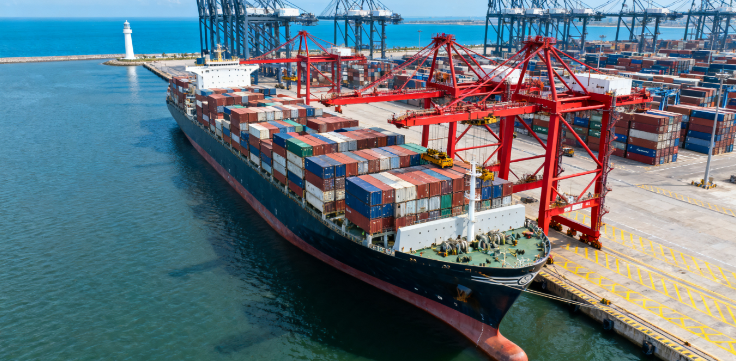
According to the "Brazil-China Business Council" (CEBC) and the Ministry of Development, Industry, Trade and Services of Brazil (MDIC) jointly released "Brazil-China Trade Socio-Economic Analysis" research report, the trade partnership between China and Brazil has brought higher formal job growth to the Brazilian economy compared to other partners.
Data shows that from 2008 to 2022, the number of jobs related to exports to China in Brazil increased by 62%, surpassing the growth rates related to exports to the United States (32.3%), Mercosur (25.1%), the European Union (22.8%), and other South American countries (17.4%).
During the same period, formal jobs related to imports from China grew by 55.4%, higher than the growth rates related to imports from South American countries (21.7%), the European Union (21%), the United States (8.7%), and Mercosur (0.3%).
The Brazil-China Business Council is a non-profit organization dedicated to promoting dialogue between businesses of both countries. The research limited Brazil's partner countries within Mercosur to Argentina, Paraguay, and Uruguay.
According to the research, the trade partnership between China and Brazil has created over 5.567 million jobs related to imports, surpassing the European Union. At the same time, trade between China and Brazil has generated over 2 million jobs related to exports in Brazil.
Although experiencing the largest growth in exports to China (62%), Brazil still lags behind other partner countries in terms of absolute employment numbers, being less than Mercosur (3.8 million), the European Union (3.6 million), South American countries (3.5 million), and the United States (3.4 million).
Analyst Camila Amigo pointed out that the structure of exports to China mainly consists of agricultural products and minerals. While these industries are competitive and strategic, their employment impact is relatively lower due to high mechanization compared to diversified sectors in the industrial field. Therefore, industrial products have a larger share in Brazil's exports to the United States, the European Union, and Mercosur.
The study collected job data from the "Annual Social Information Report" (RAIS) submitted by companies to the Ministry of Labor and Employment, specifically focusing on formal jobs with labor contracts.
The trade partnership between Brazil and China has brought a trade surplus to Brazil, accumulating to $276 billion over the past decade, representing half (51%) of Brazil's total surplus with all countries during that period. This relationship is not only strategically significant for Brazil's foreign trade but also a crucial pillar supporting Brazil's macroeconomic growth.
The report also highlights that China is the destination for 28% of Brazil's export products and the source of 24% of Brazil's imported products.
Camila Amigo stated that Brazil's trade surplus results in a net inflow of U.S. dollars, helping to mitigate the country's exchange rate fluctuations, protect the economy from external shocks, and maintain stable growth during global economic and trade uncertainties.
With some Brazilian products facing tariffs as high as 50% when exported to the United States, the Brazil-China trade relationship demonstrates a solid structural foundation built on mutual complementarity. China views Brazil as a stable supplier of food, energy, and minerals, while Brazil gains opportunities to access the world's largest consumer market through cooperation with China, crucially importing essential products for Brazil's industrial production.
Future Sino-Brazilian trade relations should be based on mutual trust and mutual benefit, continuously promoting export diversification, sustainable development, and socio-economic inclusivity, creating more space for new Brazilian products and enterprises to enter the trade fields of both countries.
